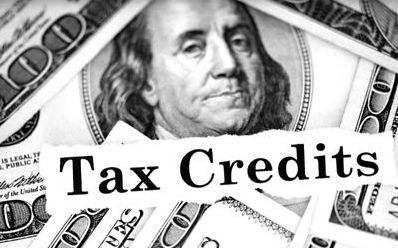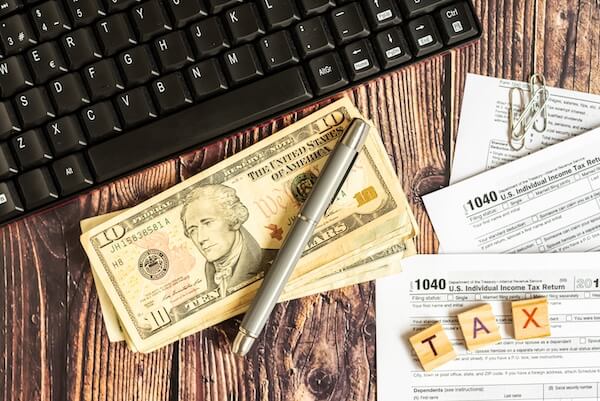The Inflation Reduction Act of 2022 extends and expands energy tax credits that will make your home more efficient, but what exactly does this mean for you?
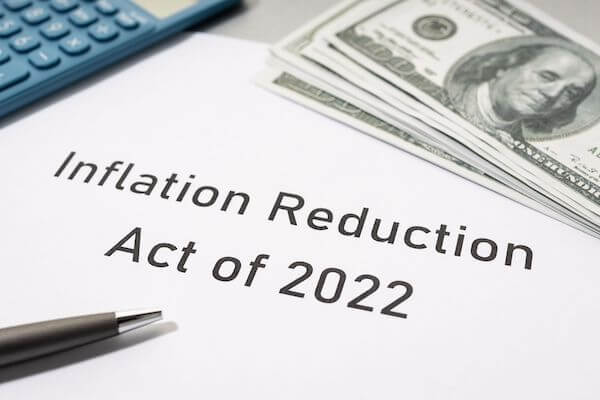
Here at Tuffy & Associates, we’re all about making the information that’s out there on tax laws and such as easy to understand as possible, so let’s dive in.
Below are several scenarios that you might want to consider to make your home more energy efficient as well as other actions that will save you both money and help the environment as well.
Installing a Rooftop Solar Panel on Your Home
You can receive a tax credit to cover 30% of the costs of installing your rooftop solar panel. The credit applies to solar panel systems that are paired with battery storage as well as standalone battery storage units.
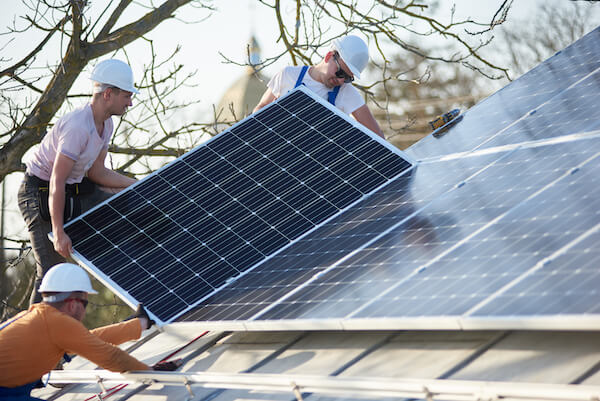
This is retroactive to the beginning of 2022 and will be effective through 2032, with the amount tapering off at the end of 2034.
Making Your Home and Appliances More Energy Efficient
If you’re ready to replace your appliances or make energy-efficient repairs to your home, using these tax credits from the Inflation Reduction Act will save you money.

Efficiency improvements include upgraded windows, doors, insulation, and other home weatherization services. Heating and cooling appliances such as heat pumps, central air conditioners, and water heaters also apply for the tax credit initiative (see more on this below).
In 2023, families can claim up to $1,200 in tax credits each year for adding insulation or installing efficient windows and doors. A special credit of up to $2,000 can be granted for electric heat pumps that are intended to efficiently heat and cool your home throughout the year.
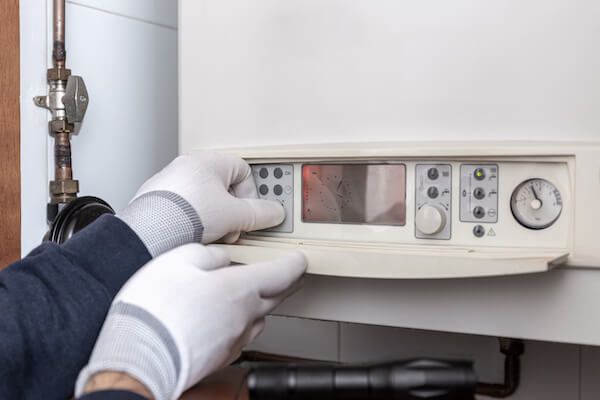
If you’re not sure of the options that would best suit your home and you’d rather get a home energy audit, that, too, can be recouped with a tax credit of up to $150.
In addition, lower and middle-income households may receive even higher tax benefits and additional rebates from their states.
Replacing a Furnace or Air Conditioner
You can claim a tax credit for 30% of the cost of buying and installing a heat pump and up to $2,000 for any electric system upgrades that are needed thereafter.
This year, states are offering rebates for heat pumps bought by residents in low and moderate-income homes.
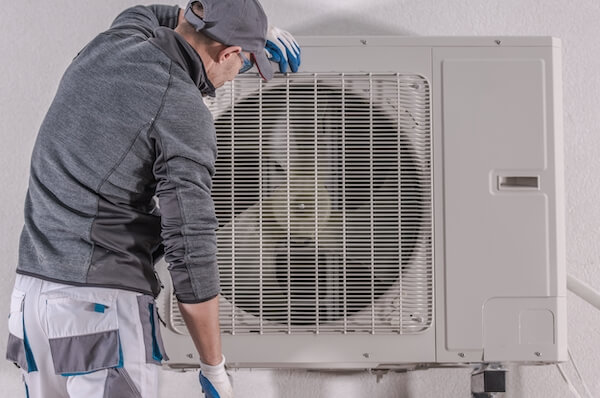
You should consult your specific state treasury department for the exact eligibility requirements.
Savings could be up to $8,000 toward the purchase and installation of such heat pumps. An additional $4,000 could be available to such households to cover any electrical upgrades that might be needed for installation.
You’ll find more information on heat pumps here.
Buying an Electric Vehicle
If you are interested in buying a new electric vehicle, you could receive a tax credit of up to $7,500. The credit is income dependent.
The income limits include $150,000 per year for single individuals and $300,000 for married couples who file jointly.

These new electric vehicles must be assembled in North America.
Electric trucks, vans and SUVS must have a suggested retail price of $80,000 or less. Other vehicles, including sedans, should be priced at $55,000 or less to qualify for the tax credit.
Tesla has reduced the price of its baseline Model Y to $52,900 excluding certain options and fees. In addition, the Model 3 sedan price has been reduced to $53,900.
Both Tesla models now qualify for the $7,500 rebate.
If you buy a used electric vehicle for $25,000 or less, you can get a tax credit of up to $4,000.
Single filers with an income of $75,000 and married couples filing jointly with a combined income of $150,000 per year qualify for this tax credit.
If you already purchased an electric vehicle last year, you’ll want to head to the IRS website to see what tax credits you’re entitled to.
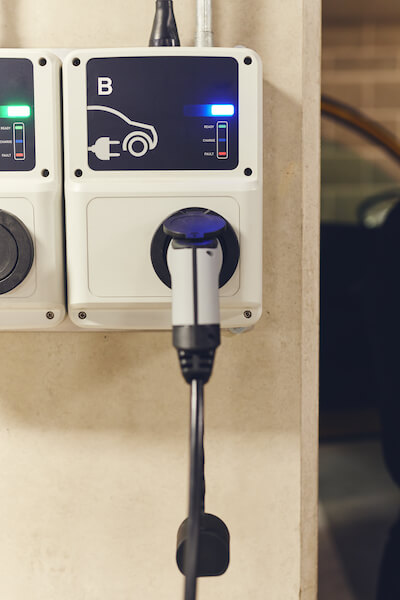
Owners of electric cars are also entitled to the electric vehicle (EV) charger federal tax credit, which was reinstated in December 2021.
This applies to electric vehicle charging stations that you might install in your home as well as EV charging equipment. The tax credit is available until Dec. 31, 2032.
Under the Inflation Reduction Act, you’ll get a tax credit of 30% toward the cost of the EV charger hardware and installation, which is capped at up to $1,000.
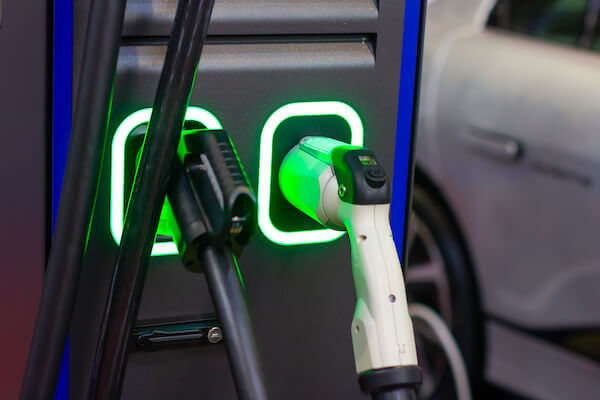
If you want to install a new EV charger at your business, you’ll also benefit from a tax credit of up to 30% of the total cost of the equipment and installment. However, you will have to meet certain labor and construction requirements before receiving the incentive.
To learn more about the government’s clean energy policy, you’ll find more information on the White House website.
Are you considering purchasing an electric vehicle or making energy-efficient updates to your home in order to capitalize on the latest energy tax credits? If so, you could very well qualify for the updates mentioned above.
If you have additional tax-related questions, be sure to reach out to Tuffy & Associates at [email protected].
Additional Resources:
Tax Credits and Reductions: https://www.irs.gov/credits-and-deductions
New York State Heating, Cooling and Ventilation Programs & Incentives: https://www.nyserda.ny.gov/ny/PutEnergyToWork/Energy-Program-and-Incentives/Heating-Cooling-Ventilation-Programs-and-Incentives
Energy Programs and Incentives for New York State Businesses: https://www.nyserda.ny.gov/ny/PutEnergyToWork/Energy-Program-and-Incentives
Commercial Clean Vehicle Credit: https://www.irs.gov/credits-deductions/commercial-clean-vehicle-credit


